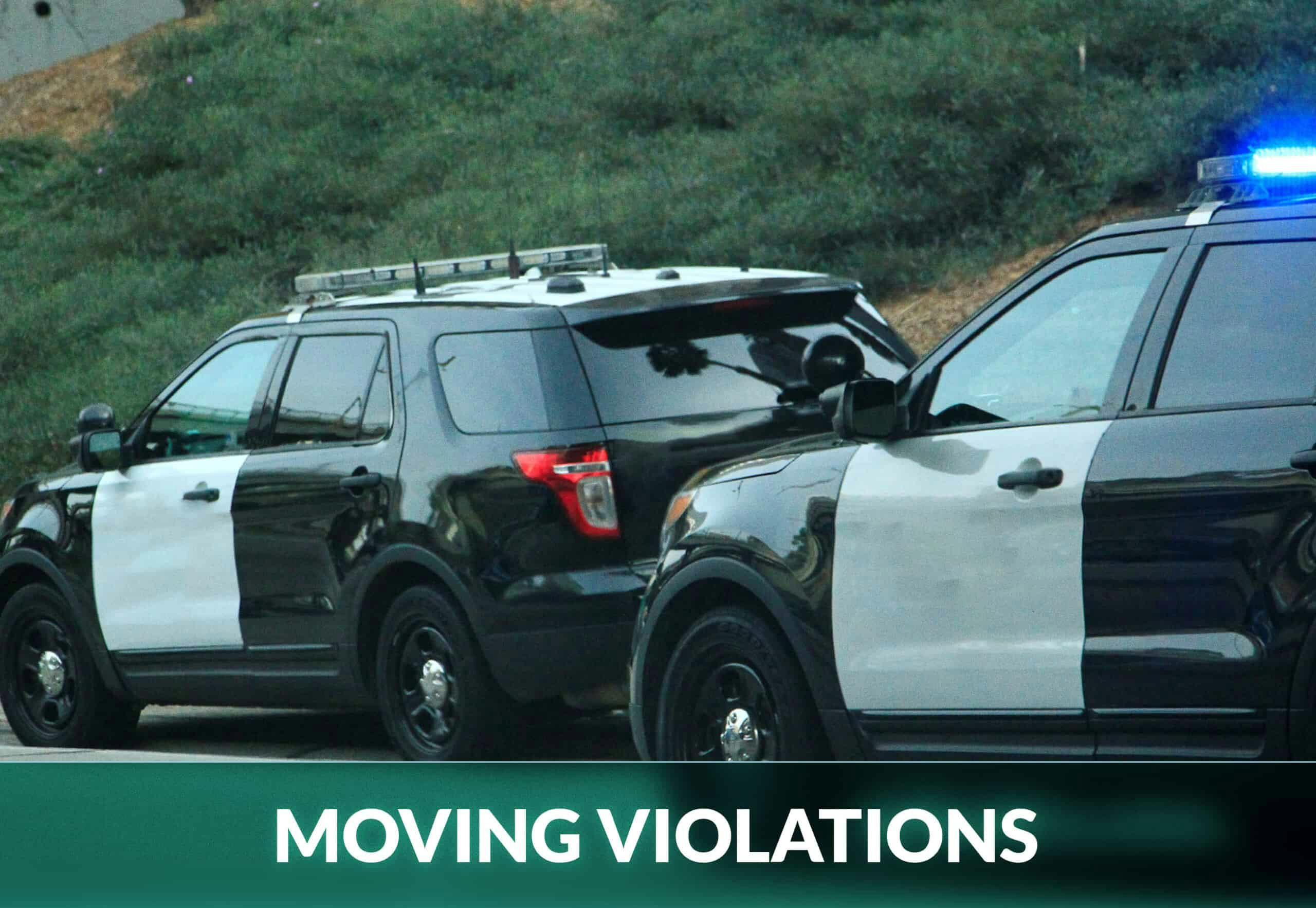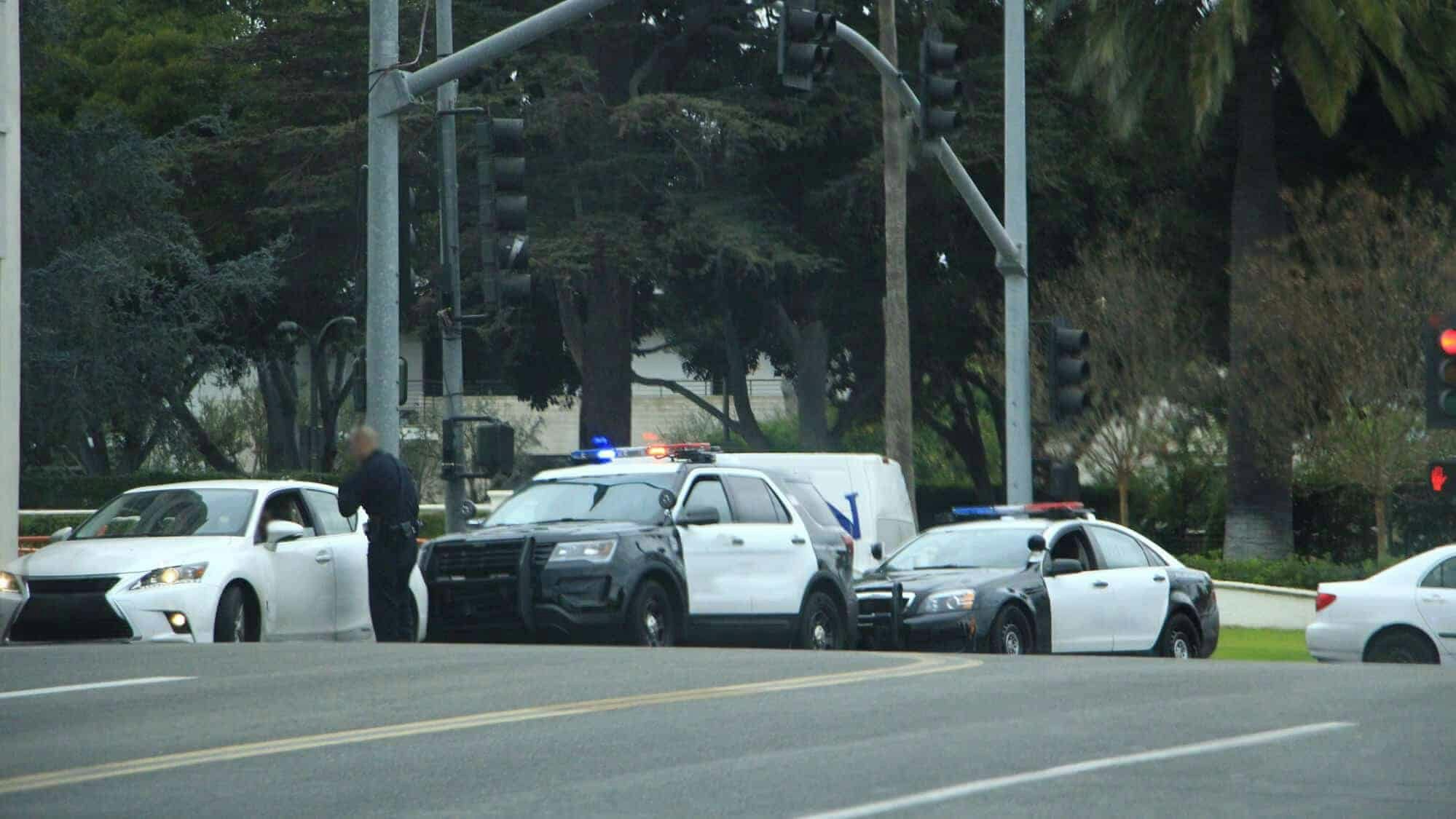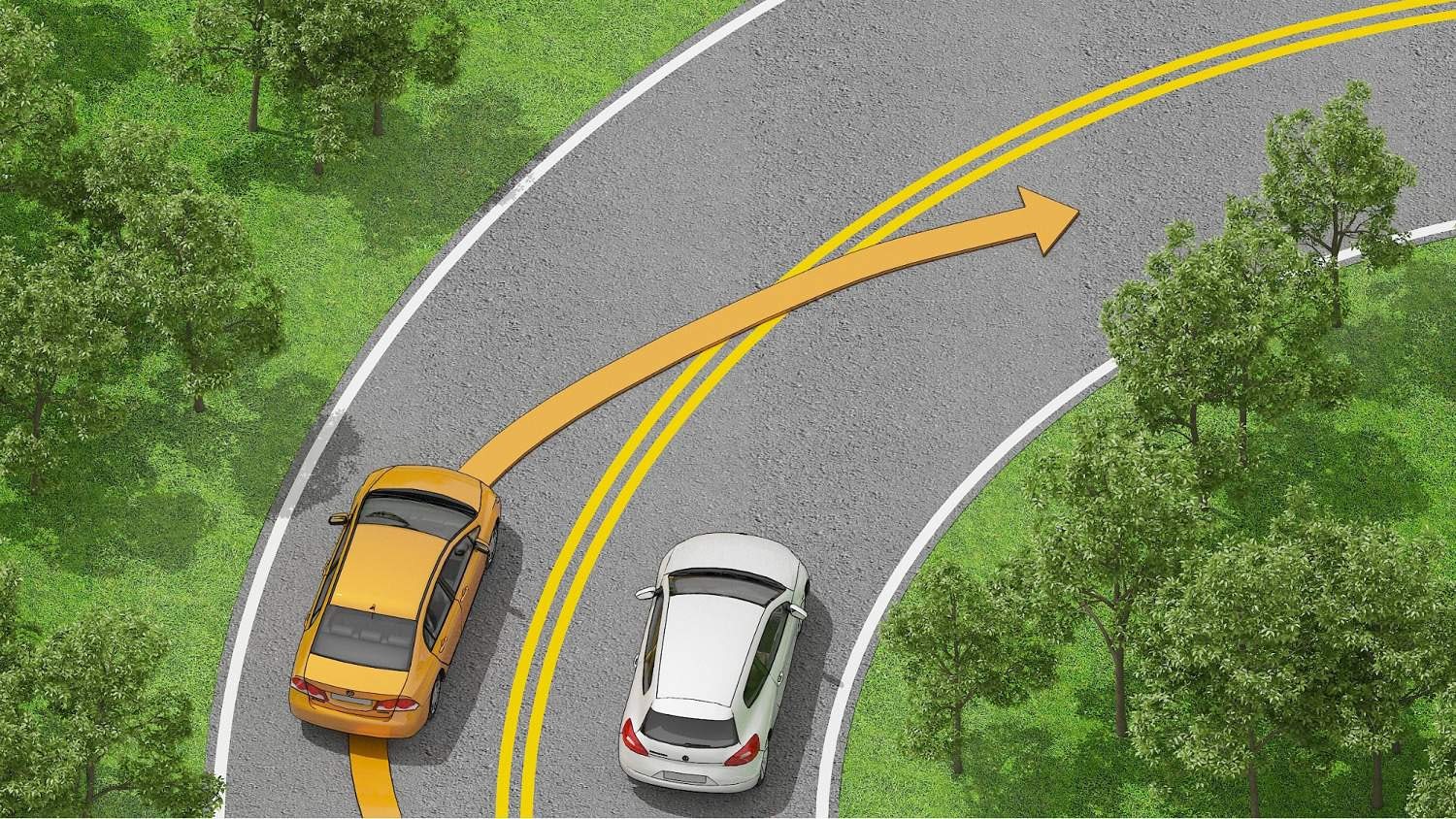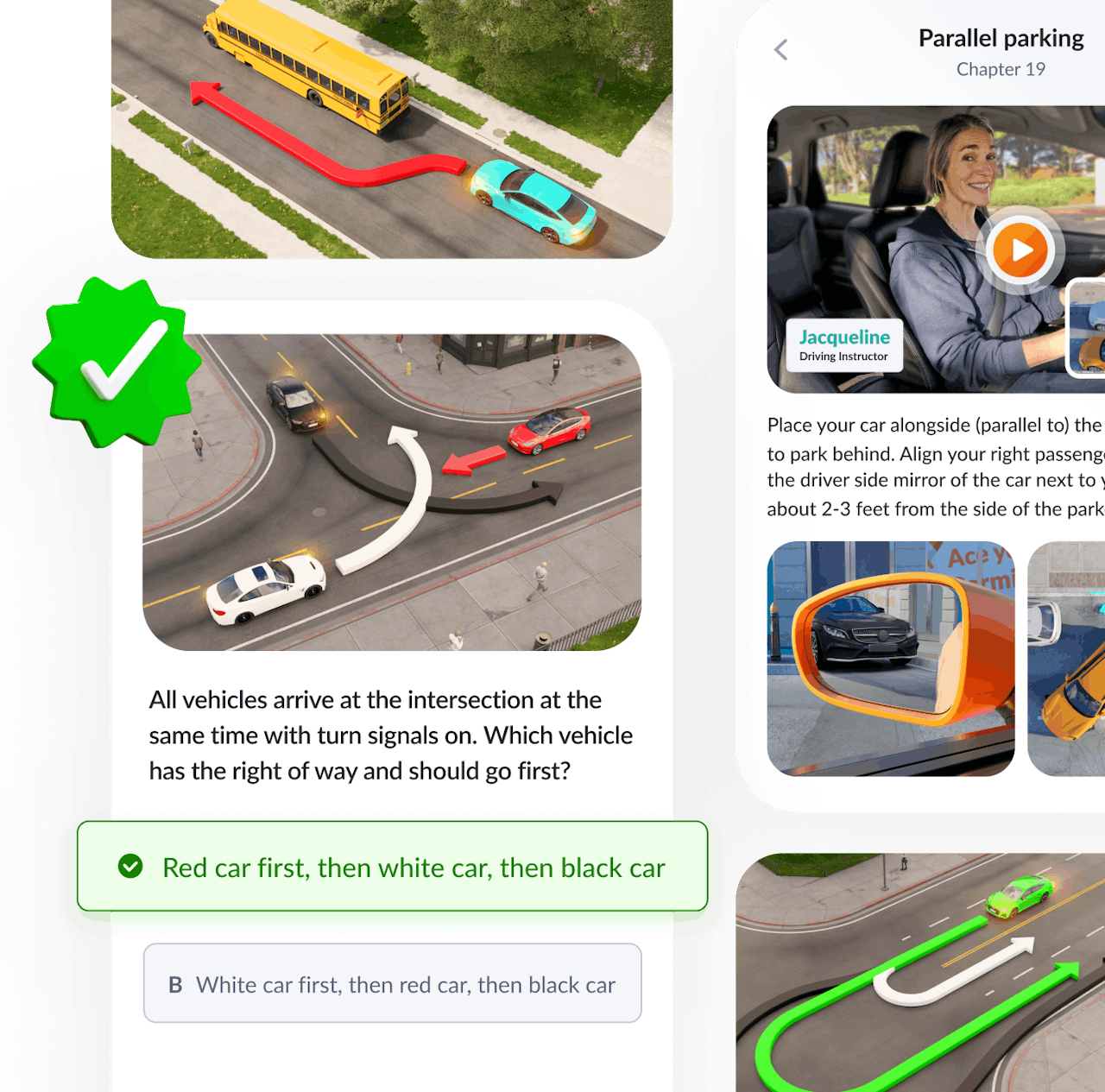
What Is a Moving Violation? Everything You Need to Know as a Driver
While most drivers want to think they do everything right when driving, the truth is that most drivers actually make a mistake every once in a while. Most mistakes tend to be small and not result in any injuries, but some violations are more serious. Let’s go through the most common type of violation – the moving violation. Today you’ll learn about:
- What a moving violation is
- What a non-moving violation is
- Major and minor moving violations
- Common moving violations and penalties
What Is Considered as a Moving Violation?
A moving traffic violation is any violation of the law which occurs when the vehicle is in motion. This means that, for example, a “hit-and-run” is a moving violation while an automobile insurance violation is a non-moving violation.
What Is a Non-Moving Violation?
A non-moving violation is any violation that violated a traffic law that is unrelated to the vehicle being in motion or not. Non-moving violations include driving without automobile insurance, a parking ticket, paperwork violations, or faulty equipment on the vehicle.
Major and Minor Moving Violations
There are two classifications of moving violations: major and minor moving violations.
Most minor moving violations are considered infractions, but major moving violations can be considered misdemeanors or felonies. Major moving violations are serious and may suspend your license or result in jail time, while minor moving violations are less serious and are likely to result in a ticket only.
If you are on track to get your driver’s license, be aware that major moving violations will suspend your provisional license for months or even years.
Most states, such as California and Idaho, keep track of your crashes and moving violations even if they occur out-of-state. Major and minor moving violations will be sent to the driver’s home state where the action will be taken as if the violation occurred in the home state.

Some Common Moving Violations
Below are examples of both major and minor moving violations. What is counted as a violation, and their penalties, will differ from state-to-state. Some common moving violations in all US states are:
- Speeding
- Hit-and-run
- Failure to yield the right-of-way
- Failure to yield to emergency vehicles
- Failure to stop for stop-sign
- Failure to use turn signals properly
- Failure to stop for a pedestrian when required
- Driving without a valid permit or license
- Texting while driving (in most states in 2020)
- Improper passing

The Penalties for a Moving Violation
The penalties for a moving violation may include:
- Raised insurance premiums
- Fines
- License suspension
- Points on your license
- Jail time depending on the severity of the violation and the state in which it occurs
As moving violations tend to increase the insurance premiums, any moving violation is likely to be very expensive as you accumulate the cost of the raised insurance premiums over time. This is in addition to the fines, jail time, and negative long-term consequences to the driver’s employment options in the future.
The consequences will differ from state-to-state. If you want to learn more, go to the Zutobi Drivers Ed course for your state to learn more details.
Points on Your License
Beyond the penalties explained above, each moving violation will incur points to your license under the Point System of your state depending on the severity of the violation. A hit-and-run will incur more points than, for example, failure to use turn signals properly.
If you accumulate too many points, your license will be suspended. How many points you can accumulate before a suspension is state-specific.
Examples of the Penalties for a Moving Violation
Below are two examples of the state-specific penalties for speeding, which is considered a moving violation in all US states..
Massachusetts – The RMV in Massachusetts will punish any driver driving over the speed limit by a minimum fine of $105. In addition, for any 10 mph over the speed limit the fine will increase by $10. You will also have your license suspended for any three speeding violations within 12 months and a possible increase to the insurance premium depending on how much you were speeding by.
Oklahoma – In Oklahoma, you will instead face a maximum fine of $384.9 and up to 30 days in jail for any speeding conviction.

600+ exam-like questions and practice tests
Easy summarized DMV handbook
America’s #1 driver’s ed app with a 95.8% pass rate
Recommended articles
Ace your DMV test, guaranteed
Want to Be the Top School in Your Area?
- Simple & automated admin
- More time for teaching
- #1 learning materials for students


